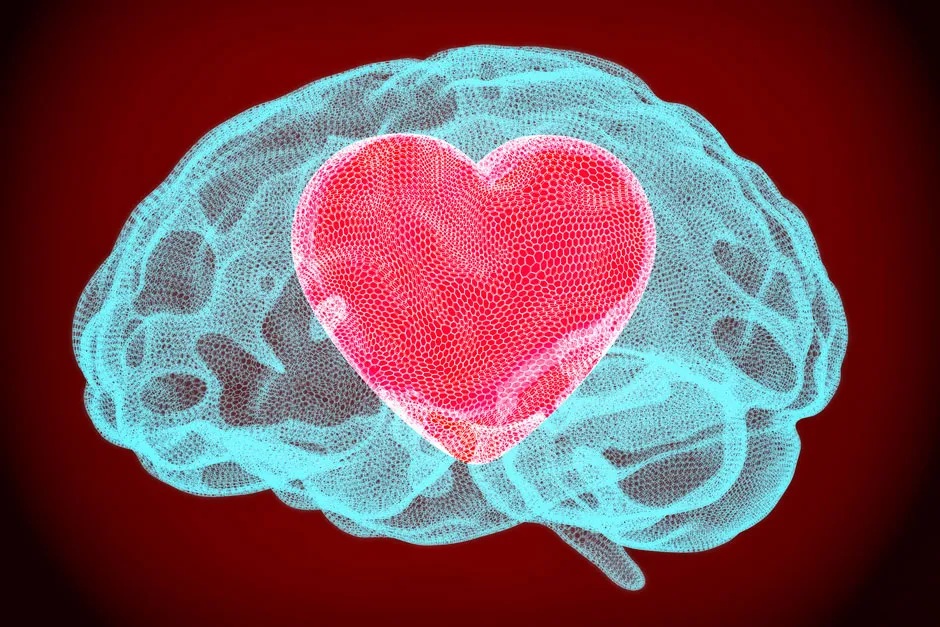How Neuroscience in Love Biases Affects Your Relationship Choices
In the realm of relationship coaching, understanding the role of neuroscience in love biases is crucial. From the moment we meet someone to the decisions we make in long-term relationships, neuroscience plays a significant part. This article aims to delve into the intricacies of how neuroscience in romantic relationship biases can shape our emotional and relational lives.
The Science Behind Neuroscience in Love Biases
- Chemical Reactions: Oxytocin and dopamine are two chemicals that are often released when we experience love or attraction. These chemicals can create biases in how we perceive our partners.
- Brain Regions: The ventromedial prefrontal cortex is one area of the brain that plays a role in decision-making and judgments, including those related to love and relationships.
- Memory and Past Experiences: Our brain uses past experiences to inform current decisions, which can lead to biases in whom we choose to love or avoid.
Practical Implications of Cognitive Biases in Romantic Relationships
Understanding the neuroscience in love biases can have practical implications for your relationships. Here are some ways to apply this knowledge:
- Self-awareness: Being aware of your own biases can help you make more informed relationship choices.
- Communication: Open dialogue about biases can lead to a deeper understanding between partners.
- Seek Professional Help: Relationship coaches often use insights from neuroscience to help clients understand their love biases and make healthier relationship choices.
Overcoming the Challenges Posed by Neuroscience in Love Biases
While understanding the role of cognitive biases in romantic relationships is beneficial, it’s also essential to know how to overcome these biases. Here are some strategies:
- Mindfulness Practices: Being present and mindful can help you become aware of any biases that may be affecting your relationship decisions.
- Cognitive Behavioral Therapy (CBT): This form of therapy can help you identify and change thought patterns that lead to biases in love and relationships.
- Consult with Experts: Sometimes, the best course of action is to consult with a relationship coach who understands the neuroscience behind love biases.
In conclusion, the role of neuroscience in love biases is a complex but essential aspect to consider in the field of relationship coaching. By understanding the science and its practical implications, you can make more informed choices in your love life.






